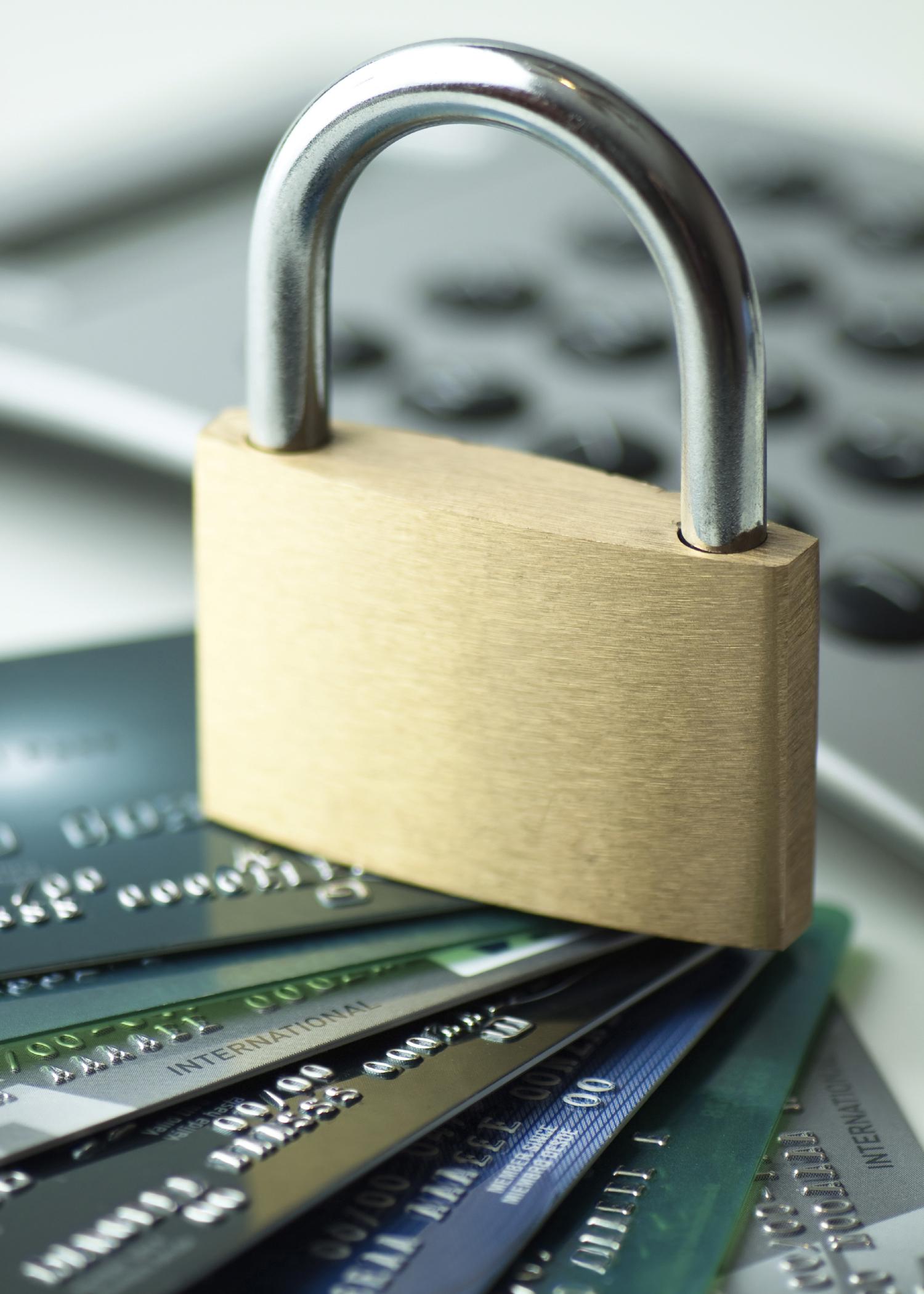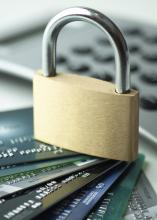Information Possibly Outdated
The information presented on this page was originally released on November 13, 2014. It may not be outdated, but please search our site for more current information. If you plan to quote or reference this information in a publication, please check with the Extension specialist or author before proceeding.
Avoid information theft with simple shopping tips
RAYMOND -- Consumers who take a few precautions while shopping this holiday season can avoid the unwanted surprise of empty bank accounts and stolen identities.
Rita Green, family financial management specialist with the Mississippi State University Extension Service, recommends shoppers follow some guidelines when making purchases in stores and online.
When checking out in a store, keep debit and credit cards out of other shoppers’ sight until it is time to pay. Block the keypad when entering the card’s personal identification number, or PIN, to protect it from thieves.
“Once you’ve used the card, immediately put it back in your wallet,” Green said. “Leaving it on the counter while you sign the receipt gives someone enough time to read it or photograph it.”
Thieves can steal a PIN without ever seeing it entered on a keypad. Infrared cameras can pick up the heat signature left by a user’s finger on the keypad of a register or ATM for up to 15 minutes after it has been used. These cameras are inexpensive, easily attach to smartphones and can be used on non-metal keypads.
“An easy way to thwart a would-be thief is to rest your fingers on other keys while typing in your PIN,” Green said. “Another way to protect your PIN is to run your card as a credit card instead of a debit card. PINs usually aren’t required for credit transactions.”
Online shopping is a popular choice for those who want to avoid the crowds, but it also carries some risks. To keep personal information out of the wrong hands, always shop at home, never on a public computer or over an unsecured Wi-Fi connection. Green said shoppers should always confirm the web address is correct and secure. The web address will begin with “https” and display a small padlock in the address bar if the site is secure.
“A public computer, such as one at work and school, is no place to cross off items on your holiday shopping list,” Green said. “If you fail to completely log out of your account, someone else could gain access to your information or go on a shopping spree.”
Another safety measure is to buy items as a guest or log in and remove personal and payment information from the account after making a purchase, even when shopping at home.
“Websites and apps that allow customers to save their payment and shipping information can put personal information at risk,” Green said. “If the website is breached, that data is easy pickings.”
Internet security software, such as Kaspersky and Bitdefender, can offer an added layer of security. Both programs offer features that open secure, encrypted browser windows and use virtual keyboards for shopping or banking. Apps from both suites also are available for mobile devices, Green said.
Shoppers also should weigh the pros and cons of different payment methods. Cash can protect an individual’s privacy and keep the budget intact. Cash can be lost or stolen, though, and there are no buyer protections like those that come with credit and debit cards.
Debit cards are popular because they are easier and faster than using cash or checks, and some consumers believe they help them budget. However, it is possible to overdraw an account with a debit card, Green said.
“Credit cards generally offer the best legal remedies against billing errors, defective merchandise and other consumer problems, but if used irresponsibly, interest charges, fees and penalties can mount up,” Green said. “Federal law limits liability on a credit card to $50, but only if the financial institution is notified within two business days of the discovery of the theft.”
Jamie Varner, instructor with the MSU Extension Service Center for Technology Outreach, said other ways to shop safer include purchasing a pre-paid credit card, using a credit card with a low credit limit and paying for online purchases through a secure payment service, such as PayPal.
“A pre-paid Visa or MasterCard is not connected to your personal information,” Varner said. “PayPal and similar payment services allow you to use actual money transferred from a checking or savings account instead of credit to buy items online. But they are more secure than using a debit card and can keep you from racking up a lot of credit card debt or spending money not allocated to gift-buying.”
For more information on how to guard against identity theft or scams, visit the Better Business Bureau’s website at http://www.bbb.org/Mississippi or the Federal Trade Commission’s website at http://www.ftc.gov.



